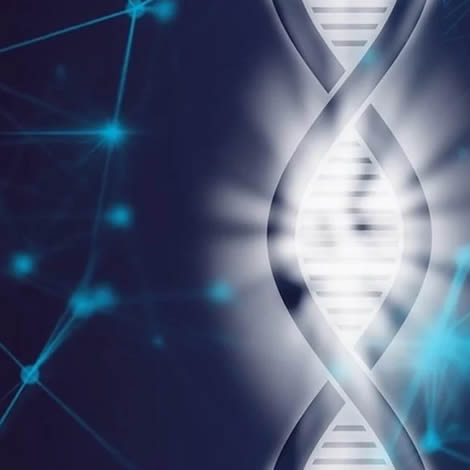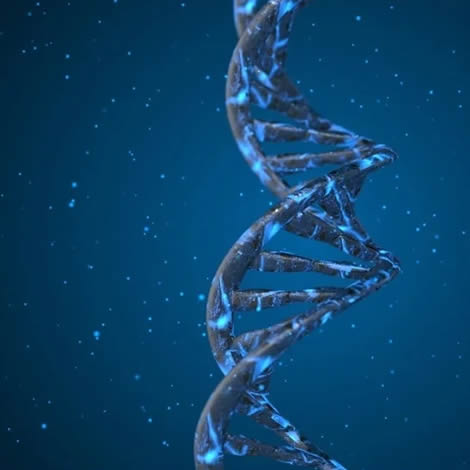The origins of Autism Spectrum Disorder (ASD) are multifaceted, involving a combination of genetic and environmental factors. Although the exact causes are still being studied, researchers have made significant strides in understanding potential contributors to the development of ASD.
Studies have shown that certain genes increase the risk for autism spectrum disorder (ASD). However, not all individuals with these genes develop ASD, indicating that other factors are involved.
Environmental factors such as prenatal exposure to toxins or infections during pregnancy have also been linked to an increased risk for ASD. Other potential environmental factors include complications during birth or exposure to high levels of air pollution. It is important to note that vaccines do not cause autism. Multiple studies have found no link between vaccines and ASD. The scientific consensus is that vaccines are safe and effective at preventing serious illnesses. While the causes of autism are still being studied, early diagnosis and intervention can improve outcomes for individuals with ASD.

When to see a doctor
Autism spectrum disorder affects people at any age and regardless of gender, race, ethnicity, or socioeconomic status. About 80% of individuals on the autism spectrum are believed to be male. However, newer analysis shows that indications in autistic women can often get overlooked.
If you notice any signs of ASD in your child, such as speech delays, trouble making eye contact, or unusual behaviours, it's a good idea to consult a children's doctor . Early intervention and support can make a big difference in a child's development.
Just as the age at which signs of autism become apparent is different for every individual, the manner in which characteristics present themselves will differ too. Age, gender and cognitive ability can also influence rates of development and how characteristics of autism present.
General Autism Spectrum Disorder Causes
- Genetic Factors : Genetics significantly influence ASD development. Families with one child with ASD have a higher chance of having another child with the disorder. Certain genetic mutations and variations are linked to ASD, though no single gene is solely responsible.
- Environmental Factors : Environmental factors also contribute to ASD. These include prenatal exposure to substances, maternal infections during pregnancy, and birth complications. These factors interact with genetic susceptibility rather than being direct causes.
- Brain Development : Individuals with ASD have differences in brain structure and function, affecting communication, social interaction, and sensory experiences
- Neurological Differences : Brain imaging shows unique structural and functional differences in people with ASD, impacting sensory processing, social interactions, and communication. For more information, consult a neurology hospital.
- Early Brain Development : Early brain development, especially during pregnancy, is crucial for neural connections. Disruptions during this period may contribute to ASD.







